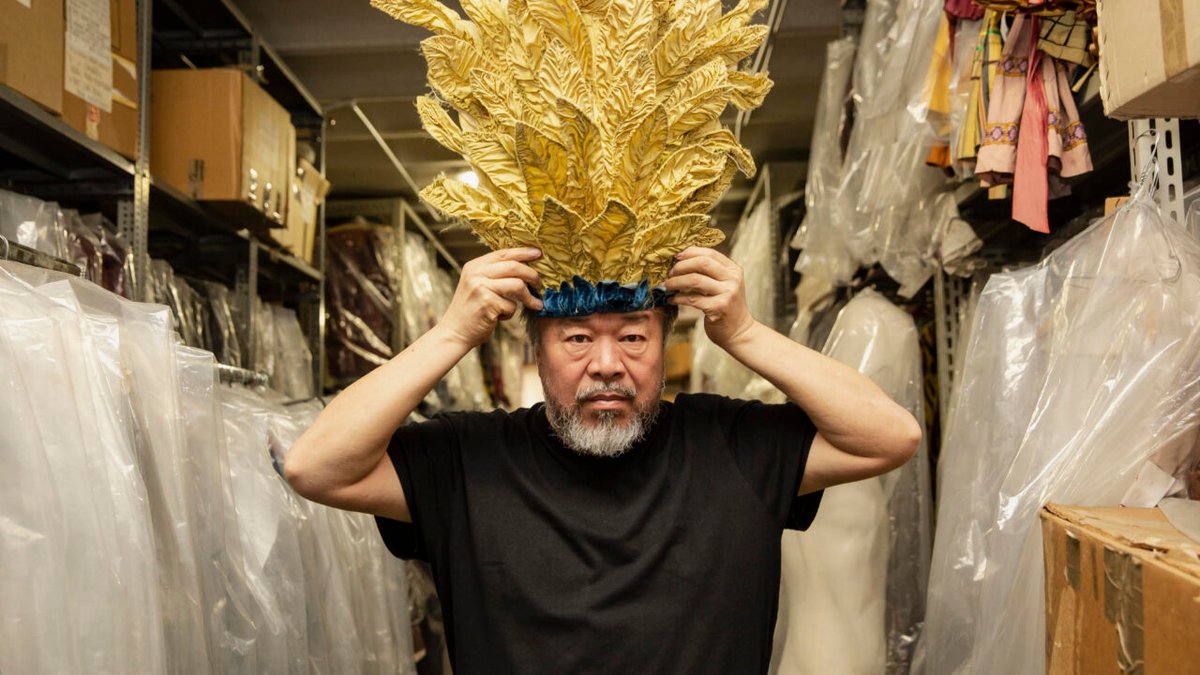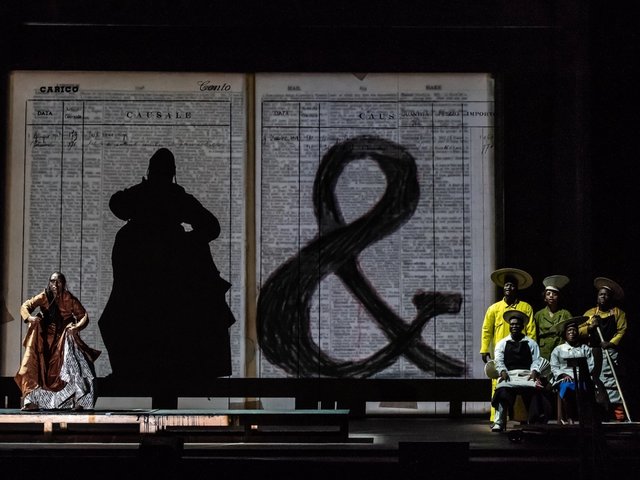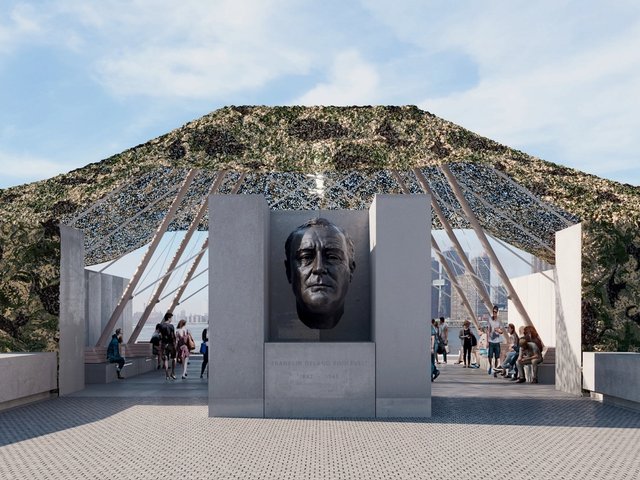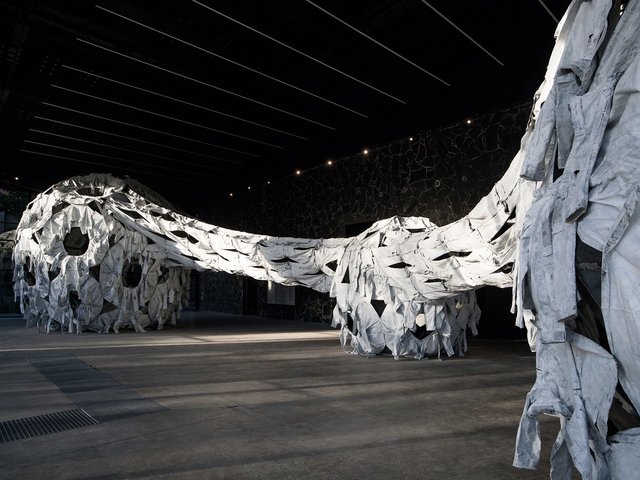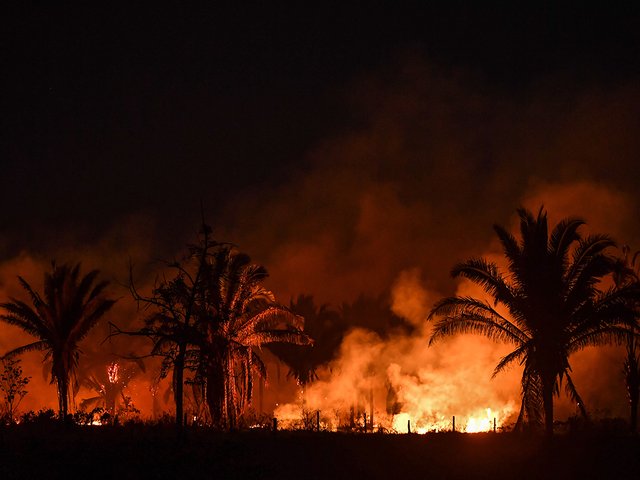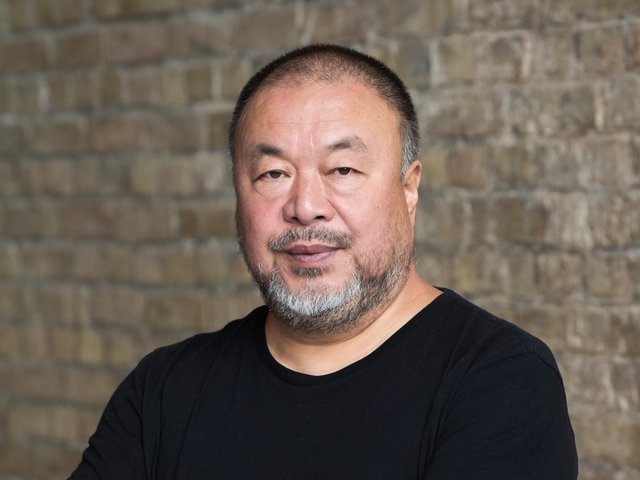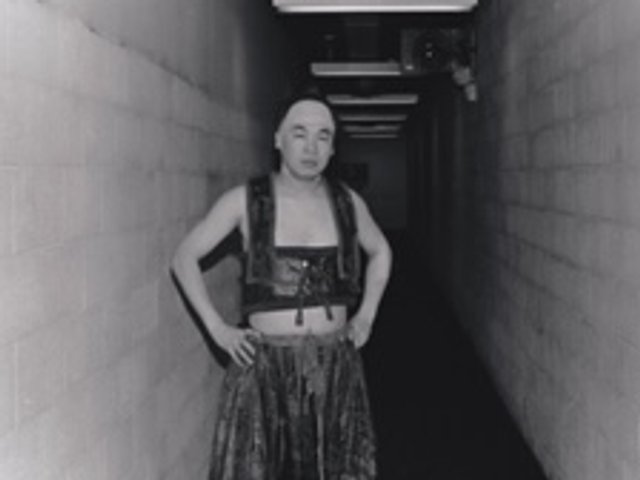Early on in the new documentary Ai Weiwei’s Turandot, the artist introduces himself to the gathered cast at the Rome Opera House. He explains why he, a visual artist, decided to take on directing a classic Italian opera—Giacomo Puccini’s Turandot, the story of a cruel Chinese princess as imagined by Western storytellers.
“Thirty-three years ago, I was working as an extra in Zeffirelli’s Metropolitan Turandot,” he says, referring to the theatre director Franco Zeffirelli's undertaking at New York’s Metropolitan Opera in the 1980s. (The Met Opera is currently staging a revival of the Zeffirelli Turandot, until 6 June 2026.) Ai had been recommended for a small role by the production’s choreographer, Chiang Ching. At the time, Ai was a poor young artist living in Manhattan and he needed the money.
Fast forward three decades. In 2018, as an internationally famous artist—known for his support for free speech and defiance of authoritarian rule—Ai was invited to direct Turandot at the Rome Opera. (Rome Opera has a long history of commissioning visual artists to stage its performances, from Pablo Picasso to Alexander Calder and William Kentridge.)
It was a once-in-a-lifetime opportunity for Ai to reshape an Orientalist fantasy into a work reflecting both his own aesthetics and contemporary politics, a combination that has always been his forte. Ai was an unusual choice, since he does not work in theatre and even says in the film: “I don’t care about opera. I don’t listen to music when I work." But Rome Opera's general director at the time, Carlo Fuortes, wanted a new take on Turandot.
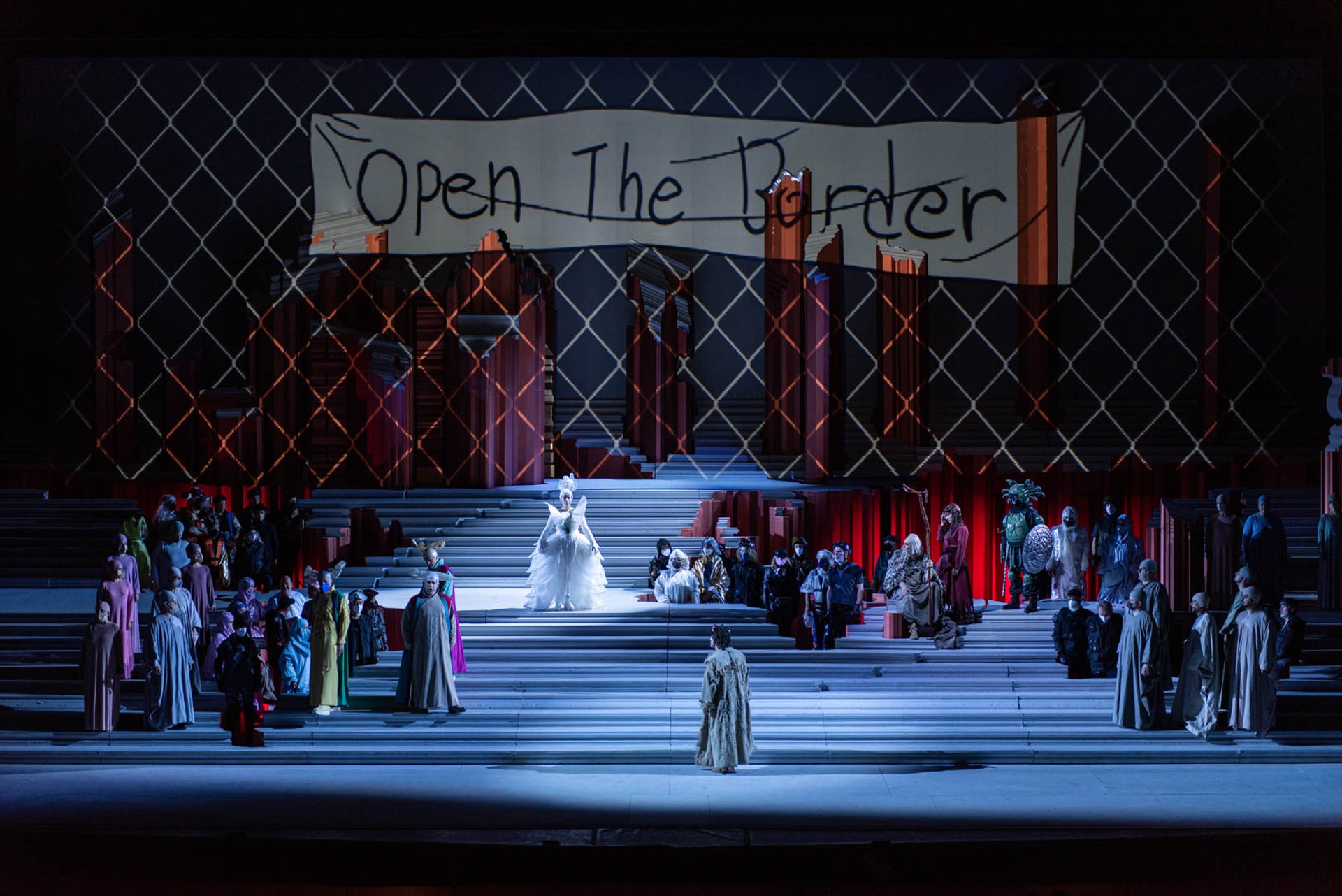
Still from Ai Weiwei’s Turandot (2025)
"It is the vision of an Italian intellectual, Giacomo Puccini, of a distant country,” Fuortes says in the film. "Obviously, it was a simple sketch vision that the West had of the East. So I thought about which artist could really embody the new relationship between Western and Eastern worlds."
Production began in February 2020, and Maxim Derevianko, a Rome-based director and cinematographer, started shooting footage behind the scenes in preparation for a documentary.
"My Turandot is going to be different," Ai says as he begins rehearsals. He later adds: "I like to do what I’m not good at—I like trouble."
Ai hired Chiang to reprise her role as choreographer. Cast and crew gathered at the opera house. Then the Covid-19 pandemic brought the world to a halt. Work stopped immediately, the opera house shuttered, and shock and dismay took hold.
Two years later, the team was able to relaunch the project. Derevianko was back to interview the principals, including Ai, Chiang, the conductor Oksana Lyniv and the costume designer Anna Biagiotti. In the film, Derevianko intersperses meetings and interviews with rehearsals and scenes from the final production—the latter often done in a dreamlike slow motion, accompanied by Puccini's lush music.
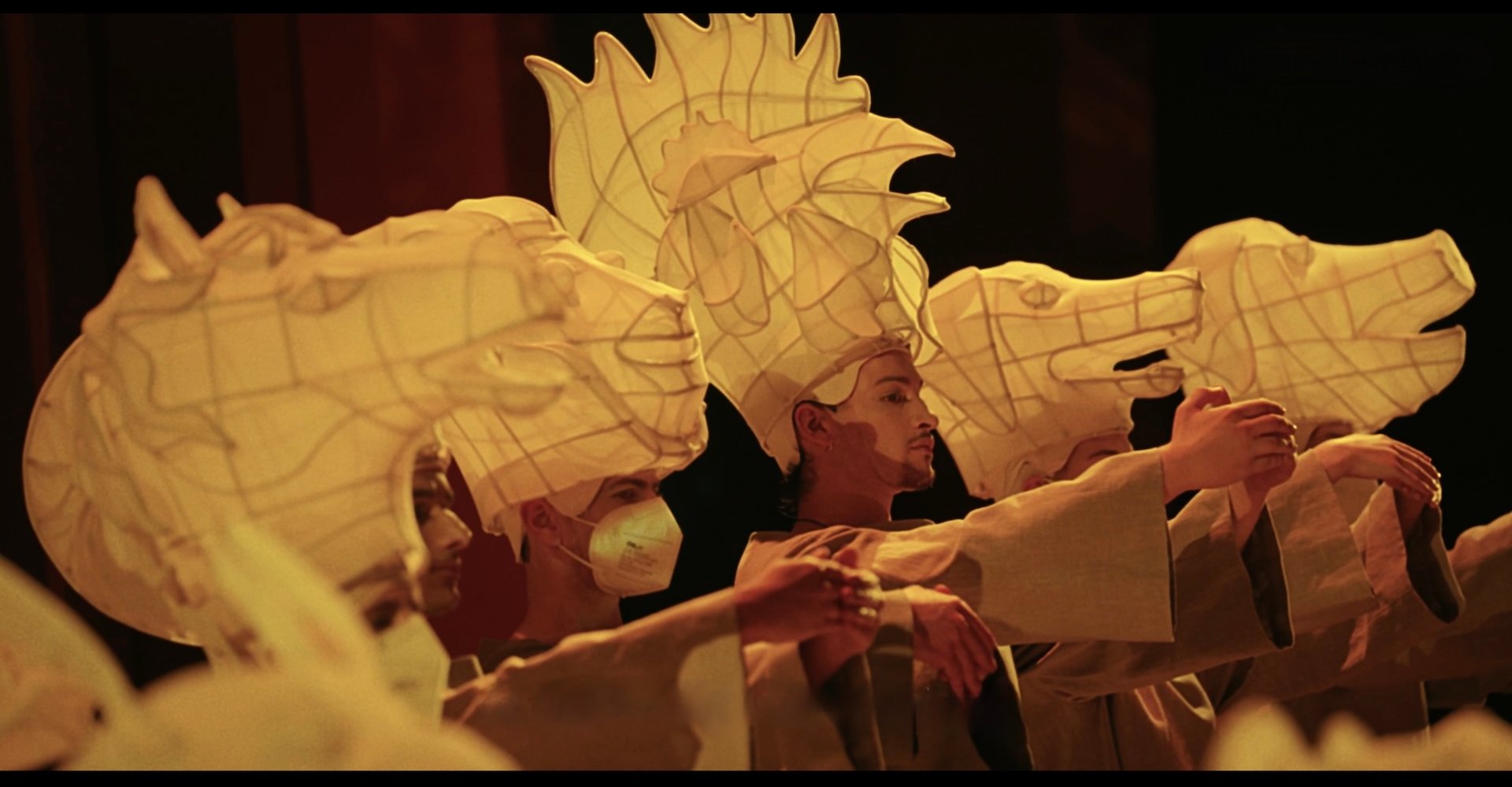
Still from Ai Weiwei’s Turandot (2025)
The documentary unfolds on three interlocking levels: the story of this production that almost never was, the story of Ai’s rise to fame and reflections on the importance of art. It is especially fascinating to see how Ai manages to weave his signature visual motifs into the production.
The set is inspired by his 2006 sculpture Map of China. Here, it becomes a map of the world with the continents at different heights. (Ai was thinking of the masses as exiles and migrants huddled on the lower levels.) Meanwhile, the hats of the nobility reflect different animals in the Chinese zodiac, echoing Ai’s use of the symbols in his installation Circle of Animals/Zodiac Heads (2010) as well as his 2024 book Zodiac: A Graphic Memoir. Some of Ai’s drawings and photographs are reproduced on costumes and props—including the famous hand giving the middle finger.
For Ai, the connection between art and politics is clear and ever present. “Everything is art. Everything is politics,” he says in the film.
Ai grew up with his exiled father, the poet Ai Qing, in desolate Xinjiang. His father had been denounced during Mao Zedong's Anti-Rightist campaign of the late 1950s, and the experience of exile and being silenced shaped the future artist’s being.
“Freedom of speech, of course—it comes with Ai Weiwei, right?” Derevianko tells The Art Newspaper. “When you talk about him, you will face that topic. What I had in mind since the beginning is the meaning of art. Why do we need art, and what's the place of art in this society right now?”
Watch the trailer for Ai Weiwei’s Turandot:
- Ai Weiwei’s Turandot recently had an Academy Award-qualifying run in Los Angeles. It will screen at the Windsor International Film Festival, Canada, on 29 October, and at the Beirut Art Film Festival, Lebanon, on 7 November.


